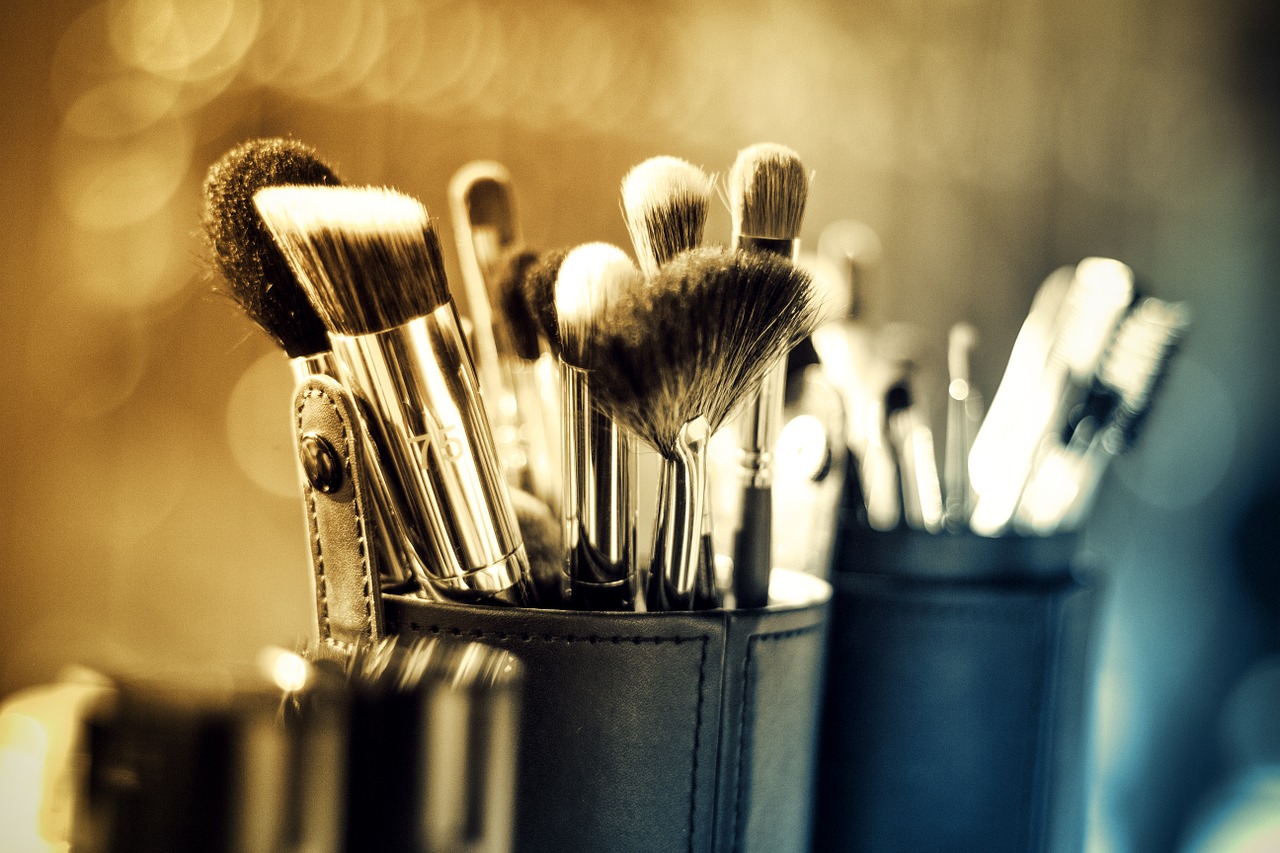
Have you ever wondered how much time your colleagues spend getting ready for work? How much earlier do they need to get up to look that great? Is it really worth it?
In my recent IZA World of Labor article, I summarized the empirical evidence out there on whether it pays to be beautiful, and whether the time and money we invest in our appearance pays off in the labor market. The findings were a little surprising, but overall it turns out that investing in our looks does pay off. What surprised me the most is that investing in appearance has more benefit for men than for women.
In Germany, for example, we see that on average beautiful women earn 2–4% more, but only in low-skilled jobs. For men, the average “beauty premium” is larger at 5–7%, and exists for all skill groups.
Beautiful men and women are also often preferred by employers, colleagues, and clients—not simply because of their appearance, but also because good-looking people are considered to be more trustworthy, competent, and productive. Physical attractiveness plays a role particularly in occupations with frequent customer contact.
Results for the advertising industry show that attractive executives increase a firm’s revenue by more than they cost the firm in additional wages. In this case, executives’ good looks enhance the human capital of the firm, and the wage premium that employees obtain is most likely induced by higher productivity.
Most people study this topic because a beauty wage premium is considered to be a form of discrimination, which has been the focus of several court cases. After thinking about this more critically I realized that, while we try not to, in some sense we all discriminate. This is not because we are mean: it is human nature to prefer to be with people who are nice, pleasant, and good-looking.
From personal experience, I know that this conscious or subconscious discrimination starts at a very young age. When my child was three years old and was at day care, he would always cry when one of the less physically appealing teachers approached him—but the most beautiful teachers would be rewarded with a smile.
As adults we may like this to be otherwise, but we can’t deny that we prefer to work with people who are better groomed rather than having to sit next to an ungroomed, badly presented colleague. Rather than fighting against people being judged on their looks, why don’t we make an effort to at least to look our best given the resources that we have?
For example, employers could provide training on what is required in the workplace regarding appearance, or how to be charming with colleagues and clients.
I don’t support outright discrimination based on physical appearance, but I will say that given the evidence proving that good-looking, well-presented people are more successful, we could all use a little guidance on making the best of what we already have.
© Eva Sierminska
You can read Eva Sierminska's article Does it pay to be beautiful? freely online here.
Please note:
We recognize that IZA World of Labor articles may prompt discussion and possibly controversy. Opinion pieces, such as the one above, capture ideas and debates concisely, and anchor them with real-world examples. Opinions stated here do not necessarily reflect those of the IZA.